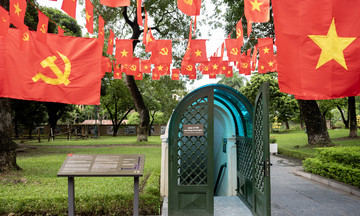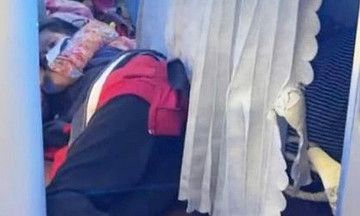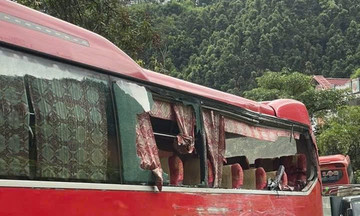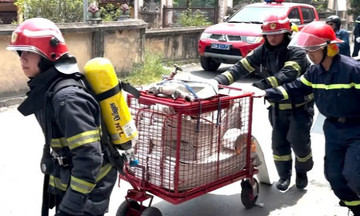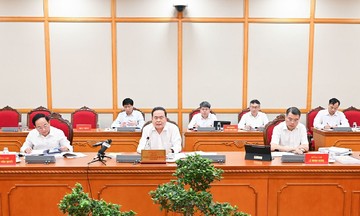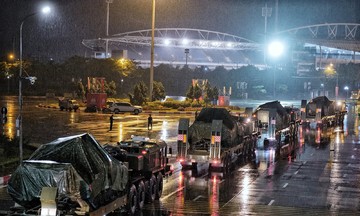Cong Ly Construction - Trade - Tourism Co. Ltd., which processes over 80% of the province's waste using the VIBIO Composters organic technology, submitted a request to temporarily halt waste reception in mid-June.
The company cited losses exceeding 200 billion VND over the past 10 years due to the fixed waste collection fee of 350,000 VND per ton. Despite multiple submissions of new pricing proposals to the relevant authorities, a resolution has not been reached. The company's latest proposal requests 478,000 VND per ton, a 27% increase.
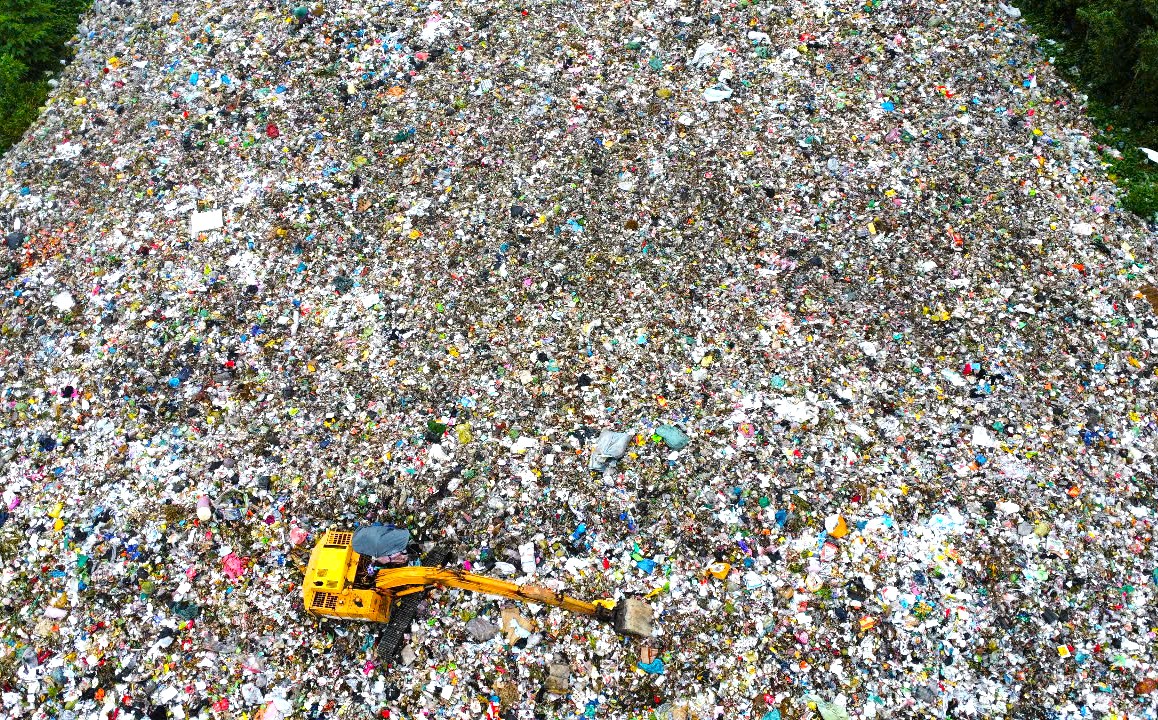 |
Waste is brought to a temporary landfill in An Xuyen ward. Photo: An Minh |
Waste is brought to a temporary landfill in An Xuyen ward. Photo: An Minh
Huynh Thanh Dung, Deputy Director of Ca Mau Province's Department of Agriculture and Environment, explained that regulations require companies to submit pricing proposals based on their processing technology to the department for appraisal before provincial People's Committee review. While Cong Ly's proposed increase is considered reasonable, the company "has not yet provided complete documentation for approval," Dung stated.
With the plant's closure, the province has implemented a temporary plan to landfill over 200 tons of daily waste at designated backup sites. The Center for Management and Operation of Irrigation Works is using pumps to drain water at two landfill pits in An Xuyen ward, formerly Tan Xuyen ward, to accommodate waste from central Ca Mau wards and the former Dam Doi district for about six months.
The Department of Agriculture and Environment is activating another landfill pit to handle waste for an additional six months. The department anticipates that the province will have sufficient capacity for waste disposal for the next year.
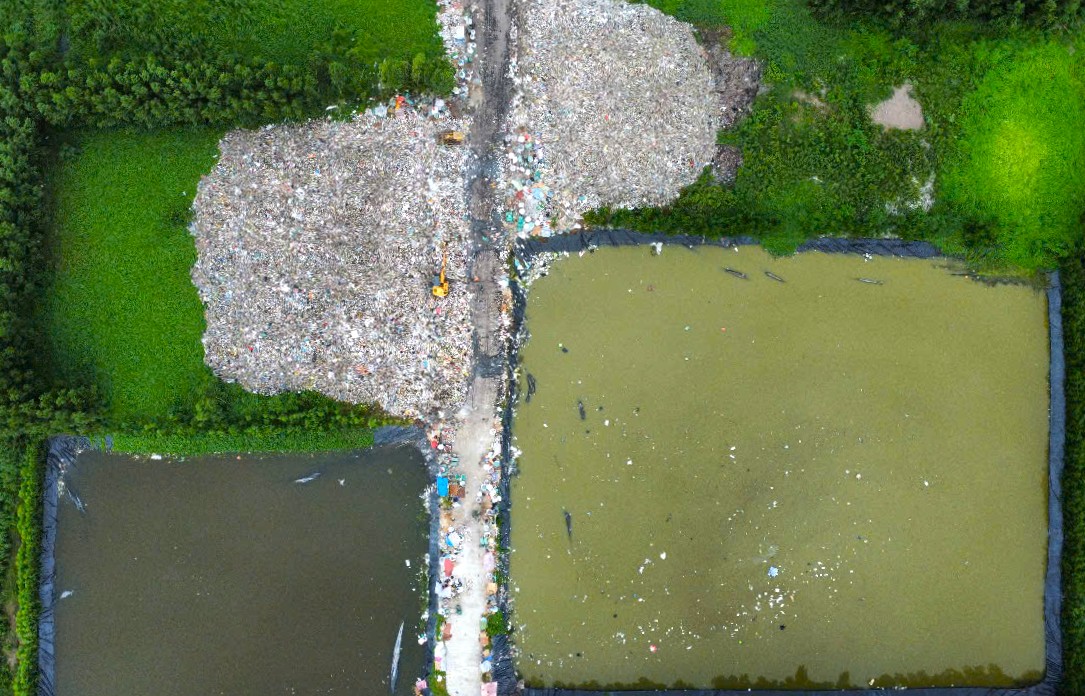 |
Two backup landfill pits are being prepared to receive waste. Photo: An Minh |
Two backup landfill pits are being prepared to receive waste. Photo: An Minh
In other areas, specialized units have surveyed and designated temporary on-site landfills. Waste from the former Phu Tan, Nam Can, and Ngoc Hien districts will be collected and transported to a landfill in Phan Ngoc Hien commune.
In addition to these temporary landfills, the province is preparing additional pits at planned locations in Khanh An (50 ha), Lam Hai (20 ha), and Tan Thuan (20 ha) communes. "Landfilling is only a temporary solution. In the long term, the department will advise the provincial People's Committee to invite investment in building a waste processing plant," Dung said, noting that some provinces in the Mekong Delta still rely on landfills.
Experts explain that landfilling is a simple, low-cost method. However, it requires large areas, typically 10-15 ha per site. The decomposition process is lengthy, requiring isolation and expensive microbial agents. Over time, this method can contaminate the surrounding water, air, and soil.
Chuc Ly



